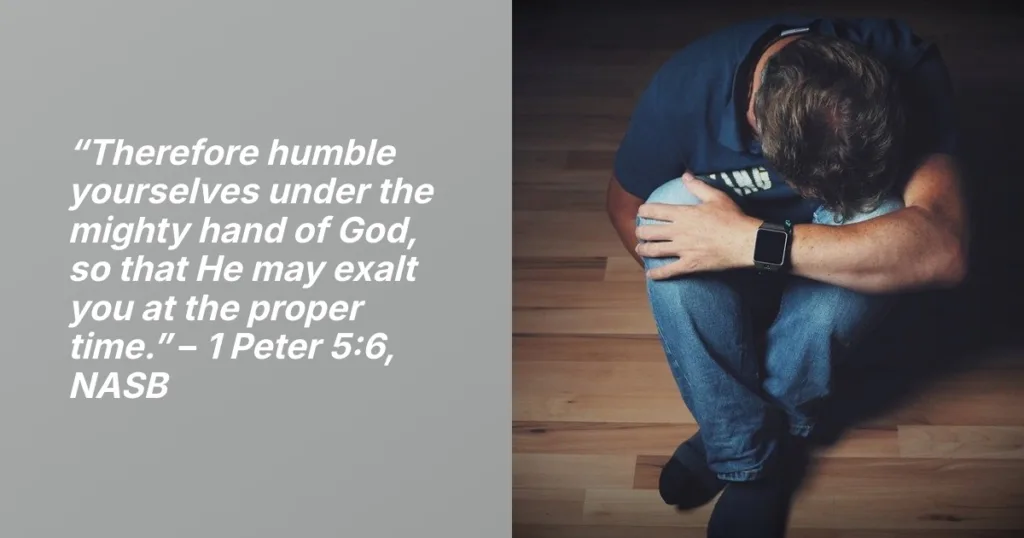Turning Gossip into Encouragement
Article 5 in the 12-part series on Overcoming Sin
In every generation, the tongue has proven to be both a weapon and a wellspring. The same mouth that blesses can also curse. Yet you were not made to echo the serpent’s whispers—you were called to proclaim life. Words capable of healing—this is your portion in Christ. But first, the poison must be purged.
Gossip is not harmless chatter. It slithers through conversations dressed in concern, cloaked in prayer requests, and hidden behind half-truths. It divides families, corrupts churches, and poisons friendships. Scripture is clear: “Death and life are in the power of the tongue, and those who love it will eat its fruit” (Proverbs 18:21, NASB). What fruit will your words bear?
You must decide—will your tongue be a tool for hell or a vessel for the Kingdom of God?
The Sin Behind the Speech
Gossip is rooted in pride and insecurity. It seeks to lift one up by tearing another down. It trades intimacy with God for the cheap thrill of being “in the know.” The sin of gossip resists love and feeds on division. But El Shaddai does not wink at this sin—He detests it. “You sit and speak against your brother; You slander your own mother’s son” (Psalm 50:20, NASB). These are not minor infractions. They are violations of love.
When we speak against others, we rebel against the very heart of God. For God is love, and He calls us to love not just in deed, but in word and tone. Even if what we say is true, if it is not seasoned with grace and if it lacks words that heal, it becomes a stumbling block. Gossip destroys what encouragement is called to heal.
Washed and Redeemed
But beloved, take heart. For the blood of Yeshua cleanses even the tongue. He who spoke the world into existence also speaks peace over your mouth. He will not leave you stuck in the snare of slander. The Holy Spirit convicts, not to shame, but to sanctify. He teaches your mouth to build, not break—to bless, not boast.
When Isaiah cried, “Woe is me, for I am ruined! Because I am a man of unclean lips…” the Lord did not cast him away (Isaiah 6:5, NASB). Instead, God sent a seraph with a burning coal to purify his lips. He does the same for you now. Receive His cleansing. Confess. Repent. Speak differently.
Speak as One Who Has Seen the Lord
If you have tasted the mercy of God, let your words reflect it. Turn every chance to gossip into a moment of intercession. Let slander be swallowed by prayer. When others spread rumors, be the one who spreads hope. When lies circle, speak truth with gentleness and courage. Be the voice that heals, using words that bring encouragement.
Paul wrote, “Let no unwholesome word come out of your mouth, but only such a word as is good for edification… so that it will give grace to those who hear” (Ephesians 4:29, NASB). The Spirit within you trains your tongue for righteousness. You can speak like Jesus.
From Bitterness to Blessing
Let your language rise from the altar. Ask yourself before you speak: Does this word glorify God? Will this sentence strengthen the one who hears it? Am I sowing peace or stirring division? You are not merely restraining your speech—you are transforming it.
Your tongue becomes holy when your heart becomes full of Him.
Let the words of your mouth be like the psalmist’s: “My tongue will sing of Your righteousness all day long” (Psalm 35:28, NASB). Let every conversation be soaked in love, every correction clothed in humility, every encouragement backed by faith.
This is your calling: to speak as one sent from Heaven. To reflect your Father’s voice in a world dying of cruel words. Words that heal—this is your legacy in Christ.
⸻
Prayer:
Father, set a guard over my mouth and keep watch over the door of my lips. Purify my heart so that my words may overflow with grace. Where I have gossiped, forgive me. Where I have wounded, heal me. Let the fire of Your Spirit cleanse my tongue and sanctify my speech. Teach me to bless and not curse, to intercede rather than accuse. Make my words like honey—sweet, healing, and strong. Let me speak life, speak truth, and speak love, as one who walks with You. In the name of Yeshua, who is the Word made flesh. Amen.
⸻













